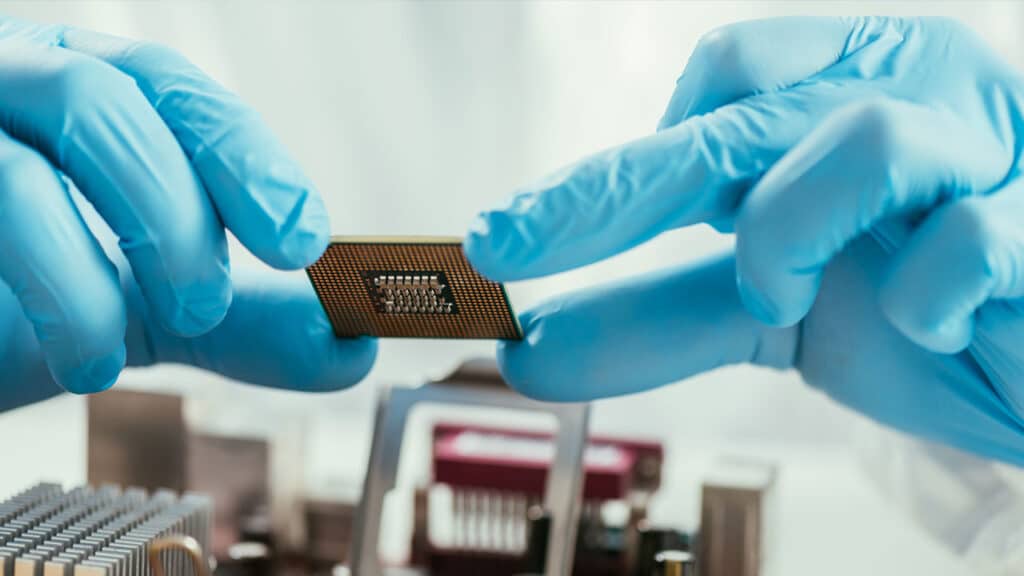Will Russia run out of chips? It is a legitimate question and no, it has nothing to do with the crisis that has been putting electronics manufacturers in difficulty for two years. The question here is another: Intel and AMD have decided to suspend the sale of their chips in Russia.
Intel and AMD: no chips for Russia
Do you remember the Huawei ban? In 2019, the Trump administration decided to prevent trade between American companies and the Chinese giant. The decision has undoubtedly put the smartphone production of the Shenzehn company in crisis, unable to obtain official Google certification and consequently to use all those services that we normally find on Android smartphones. No Gmail, no YouTube, no Play Store… A situation from which Huawei came out but which undoubtedly gave it some headaches, slowing its growth on the market.
Similar sanctions hit Russia after the invasion of Ukraine. No exports to the country led by Vladimir Putin. Or rather, the exports of chips, semiconductors, computers, telecommunications products, lasers, sensors, navigation equipment, marine equipment, avionics and aircraft construction components are possible but subject to obtaining a specific license issued by the US government.
US companies have therefore adapted, including Intel and AMD.

The extent of this provision is not clear for now. Theoretically, the restrictions should only apply to chips that can be used for military purposes. This should allow the two companies to bring Intel Core and AMD Ryzen SoCs to Russia but, at present, it appears that no chips will cross the borders of the Russian state.
So what will happen to Putin’s country? In reality Russia seems to have prepared itself already in 2014, when it was hit by international sanctions after the occupation of Crimea. How? By promoting chip manufacturing within the state and accumulating as many semiconductors as possible.
However, there is a small flaw in Putin’s plan: Baikal, MCST, Yandro and STC Module – the Russian design firms – actually rely on TSMC for the production. The Taiwanese giant has decided to embrace the international cause by banning the sale of chips to Russia.
All of this could really put you down Russia is in trouble that, in the event of stocks being out of stock, it would necessarily have to find illicit ways to get hold of semiconductors.
On the contrary, the sector should not be too affected by this choice. According to SIA – Semiconductor Industry Association – Russia’s contribution to the chip market is 50.3 billion dollars against a total value of 4.47 trillion dollars. In short, nothing the sector should worry about.















Leave a Reply
View Comments